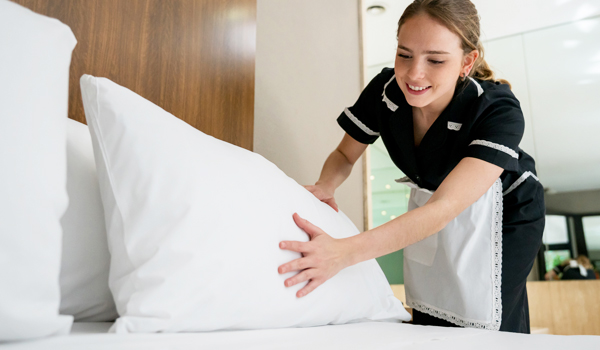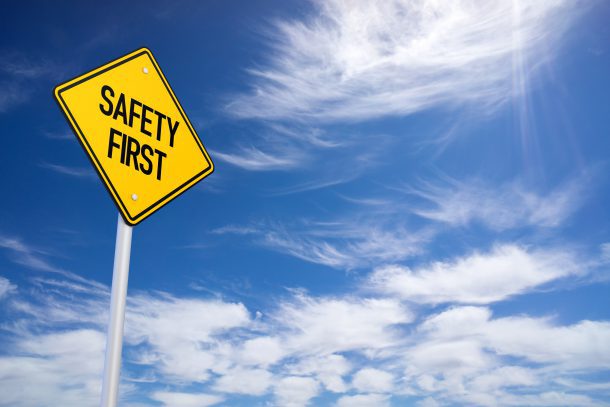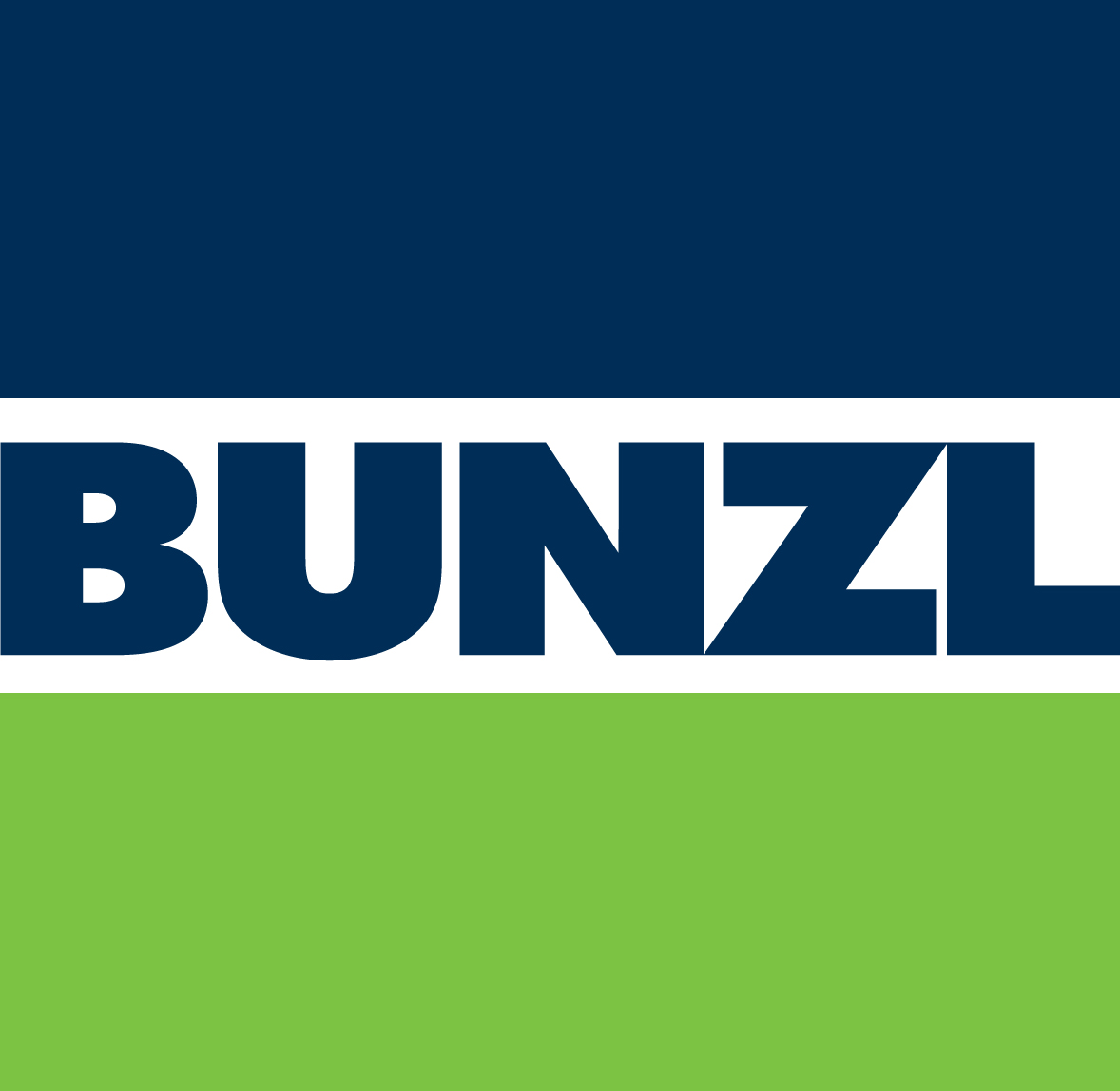
More than ever before, cleaning companies and their employees are facing mental health and on-the-job safety issues, which makes it essential for management to provide systems, support, and coping strategies.
For rehabilitation consultant Libby Roberts, the plight of one small business owner encapsulates the mental health challenges the pandemic has raised for the cleaning industry.
With lockdowns, shutdowns and staff shortages forcing the owner to get back on the tools, he is battling cash-flow and health issues.
“The owner hasn’t slept for most of the year because he’s under so much pressure,” says Roberts, managing director of Workplace Rehabilitation Management, a business that helps people return to work following injury or illness. She is also CEO of LeapForward, a coaching platform that fosters wellbeing.
At the same time, Roberts says some other cleaning operations are making lots of money because of COVID-19 hygiene demands, but they may not be able to keep up with the volume of work.
As a result, their physical and mental health is suffering. “I’m concerned about what these people are going to do when they get back to some sort of normalcy after COVID-19,” she says.
“They’ve been under so much stress for so long that they’ll either keep operating at this high level of anxiety and keep running on adrenaline, or they’ll crash and burn.”Such sentiments are common in the cleaning and facility management sectors, in which managers and employees are dealing with a conundrum.
Even though the pandemic has lifted their sense of worth and status as front-line workers, their wellbeing is often taking a back seat.
Play it safe
Workplace safety is also on the radar for cleaning operations as their teams operate in high-risk COVID-19 areas such as healthcare, aged care, hospitality and retail.
The need for positive, proactive and preventative safety programs is more critical than ever. Given that human error is responsible for many accidents in the cleaning industry, it is incumbent on bosses and management teams to address workplace safety.
That means providing education on the foremost risks for cleaners and encouraging them to listen to their supervisors, stay focused on the work at hand and assess workplace conditions and threats before they start cleaning.
As managing director of Sebastian Property Services in Melbourne, Matt Marsh says legislated safety changes such as wearing PPE gear and masks has been easy to oversee for cleaning staff.
The more pressing issue has been monitoring often overwhelmed employees to ensure that they are functioning and acting in a safe way.
“It’s not that people are dropping the ball, but you’ve got people who are tired and who have a lot going through their heads,” Marsh says. “So, the key is watching out for them and checking if their behaviours are not quite right.”
Roberts says recognising potential threats is the first step towards preventing injuries in the workplace. For example, cleaners with minor injuries may be reluctant to forego shifts because of their need for income, leading potentially to more severe ailments or health issues over time.
Unobservant employers may be complicit in this negative cycle. “From our experience, safety tends to not be as high on the agenda when people are busy and under stress because they just need to get the job done,” Roberts says.
The other concern is the mental and physical state of cleaners who have had little choice but to keep working in settings where they have a high risk of being infected with COVID-19.
Addressing such safety risks is often difficult, according to Roberts, because cleaners tend to work on their own or in small teams without the presence of more senior supervisors.
She recommends that employers implement a “short toolbox talk” before the start of cleaning shifts.
“This just reminds them of the importance of safety and following the correct procedures. It’s a really good opportunity at the beginning of every shift to show support so that employees don’t feel alone in their job and know their employer has their back.”
Such talks should quickly address a new topic each day and be simple enough that cleaners are not overloaded with too much information, especially as many of them may not come from an English-speaking background.
Wellbeing on the agenda
Despite this need for clear communication, there are indications that some workers across a range of sectors do not feel as though they are being heard. An international survey by SafetyCulture and research firm YouGov of Australian, American and British frontline workers reveals:
- 67 per cent of workers are never, rarely, or only sometimes listened to on topics that matter to them the most
- Almost half of Australian frontline workers (48 per cent) agreed they fear losing their job if they report COVID-19 adherence issues
- More than one in three frontline workers (34 per cent) believe their willingness to provide workplace feedback is being affected by a belief that “nothing will be done” once reported.
Marsh knows only too well the mental anguish that many workers in the cleaning sector have been experiencing in the past two years.
On the back of 262 days of lockdowns last year, the Victorian capital has borne the brunt of COVID-19 fatigue in Australia, resulting in high levels of family and business stress. Diligence and care at all levels of management is essential in such an environment.
“We’ve done a lot of work with our managers to check that they’re okay and that they’re connected,” Marsh says. “And we’ve had a lot of conversations with them to make sure their staff members are the same. They’re not just assuming that people are okay.”
One of the key steps Sebastian Property Services has taken during COVID-19 has been to invest in online or in-person workshops and training that has been delivered by Holistic Growth Solutions Consultancy services.
The aim has been to take a proactive approach to mental wellbeing at work and home. Marsh says the goal has been to keep managers and supervisors on track mentally and to also refresh them on what they need to do to look after their employees and clients.
The result is that Sebastian Property Service shas had a very high staff retention rate, which in turn has boosted morale and workplace efficacy.
“This has had an overall positive effect on productivity, and team members have been able to quickly adapt to a changing landscape and educate clients on COVID-safe cleaning and plans,” Marsh says.
Coping strategies crucial
According to Roberts, coping strategies have been a key aspect of the mental wellbeing strategy at many businesses, including cleaning operations, during COVID-19.
She advises a personal approach to this response, calling on managers and employees to look after themselves and their mental and physical health through three elementary actions:
- Exercise in some way every day.
- Eat a healthy diet, and do not drink too much alcohol.
- Get sufficient sleep.
“They’re really simple things that even someone who is super busy can still do,” Roberts says. “Make it a priority because if you don’t pre-plan you will not be able to function properly.”
She also urges bosses and managers to demonstrate to employees that they have their back, and to emphasise that staff have access to someone to speak to if they have work concerns. “That’s what people need and it’s free,” Roberts says.
Advisory and accounting firm HLB Mann Judd assists many businesses across Australia and New Zealand with financial and leadership guidance in multiple sectors, including aged care, property and construction and hospitality.
Director of accounting and tax Andrew Ash agrees it is important for business leaders in cleaning and other sectors to show they care, especially during the current pandemic when a lot of staff members are burnt out.
His advice?
“Celebrate hard work, show empathy, help out, share stories, provide training and opportunities for growth, create flexibility and talk to each other.”
Ash says businesses should draw on their purpose and values to keep operations and mental wellbeing on track during the pandemic.
“You then need to create rituals that reinforce them,” he says. “A good ritual tells a story about the values and purpose of the business and involves staff in that story. This makes them part of the story, it connects them to each other and contributes to a sense of belonging, predictability and security.”
One such ritual could be in the form of a weekly huddle on-site to share stories about the past week. It could be a monthly awards ceremony or function.
It could be as simple as the CEO of the business regularly going and talking to employees and maybe even helping out when staff are away.
“The important thing is that the language and actions used in the rituals match the culture the leadership is trying to create,” Ash says.
“Over time, when you start to see employees creating their own positive rituals, you know your culture is on the right track.”
Plan for all scenarios
As 2022 unfolds, Sebastian Property Services knows it will be important to keep responding quickly to a challenging environment and checking in on staff.
The imperative is to put people first, ensure that employees are properly trained and equipped to handle the changing landscape, and to invest heavily in their wellbeing.
“It’s just about taking a common-sense approach to your people and respecting that they have needs right now,” Marsh says.
Roberts has no doubt that heightened COVID-19-related cleaning standards will remain in force this year, while COVID-19 is unlikely to recede anytime soon.
That puts a premium on management teams implementing systems and protections for their people and clients.
“The cleaning industry is going to be a vital industry going forward, so it’s going to stay busy. That means companies need to get really healthy practices in place as a bedrock, so if the industry stays at this level of busyness, it can cope and flourish,” she says.
“This should be a great opportunity for businesses to grow and prosper, but they need to manage it well.”
Sources: https://pages.safetyculture.com/Feedback-From-The-Field-Report.html
This article first appeared in the March/April issue of INCLEAN. Read the original article here.
Comment below to have your say on this story.
If you have a news story or tip-off, get in touch at info@incleanmag.com.au
Sign up to INCLEAN’s newsletter.



